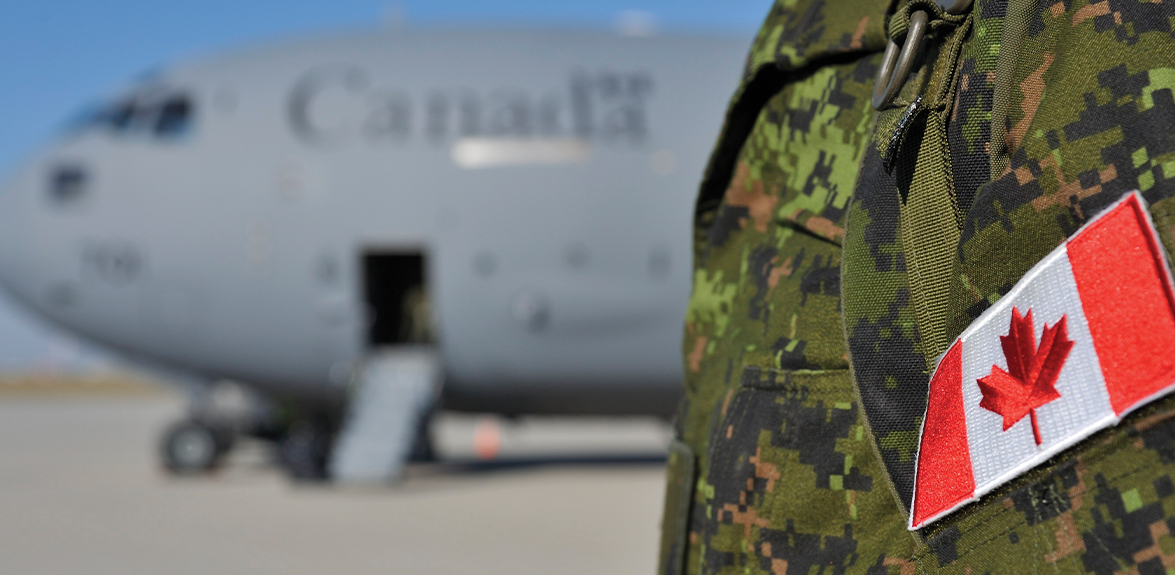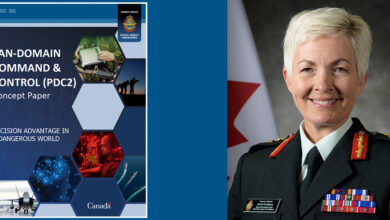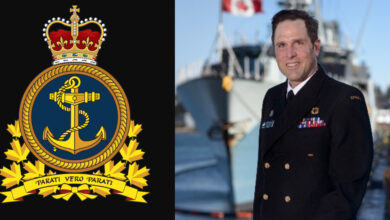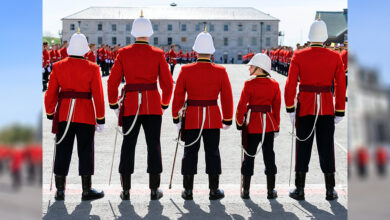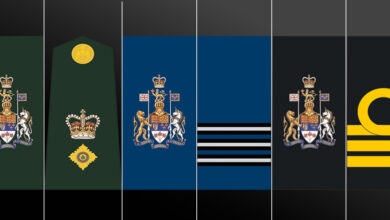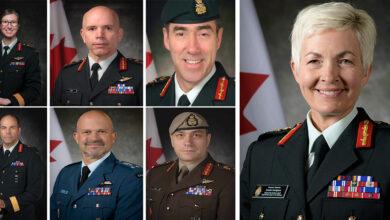Policy
Duty to Report Regulations Repealed
As of June 30, military members are no longer bound to the Duty to Report regulation, part of the Queen’s Regulations and Orders, thanks to Recommendation 11 of the Independent External Comprehensive Review (IECR).
This latest announcement is just one of the many new policies the Canadian Armed Forces (CAF) has rolled out to fall in line with recommendations made by the IECR, which was published in 2022 by former Supreme Court Justice Louise Arbour.
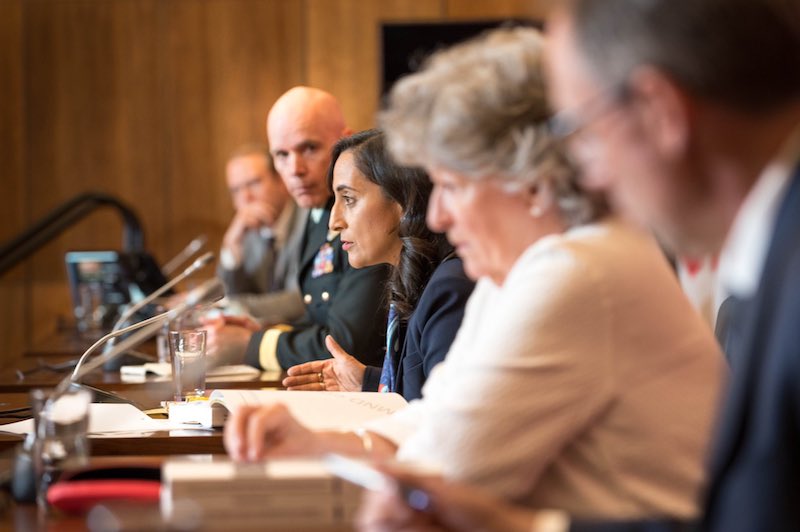
DTR: An Obligation to Report
The CAF initially implemented the DTR to ensure “discipline, efficiency, and morale,” according to the military.
Under these regulations, officers and non-commissioned members were required to report to authorities any “infringement of pertinent statutes, regulations, rules, orders and instructions governing the conduct of any person subject to the code of service discipline,” stated CANFORGEN 099/24.
However, in recent years, the DTR has come under scrutiny for not considering victims of sexual assault.
“For many years, it has been subject to a great deal of scrutiny and numerous calls for change. The DTR was not specific to sexual misconduct, but it was criticized heavily in that context,” stated the CANFORGEN.
The scrutiny has led to the ultimate decision to repeal the act. Although the decision was made based on victims of sexual misconduct, it applies to all forms of misconduct or service infractions.
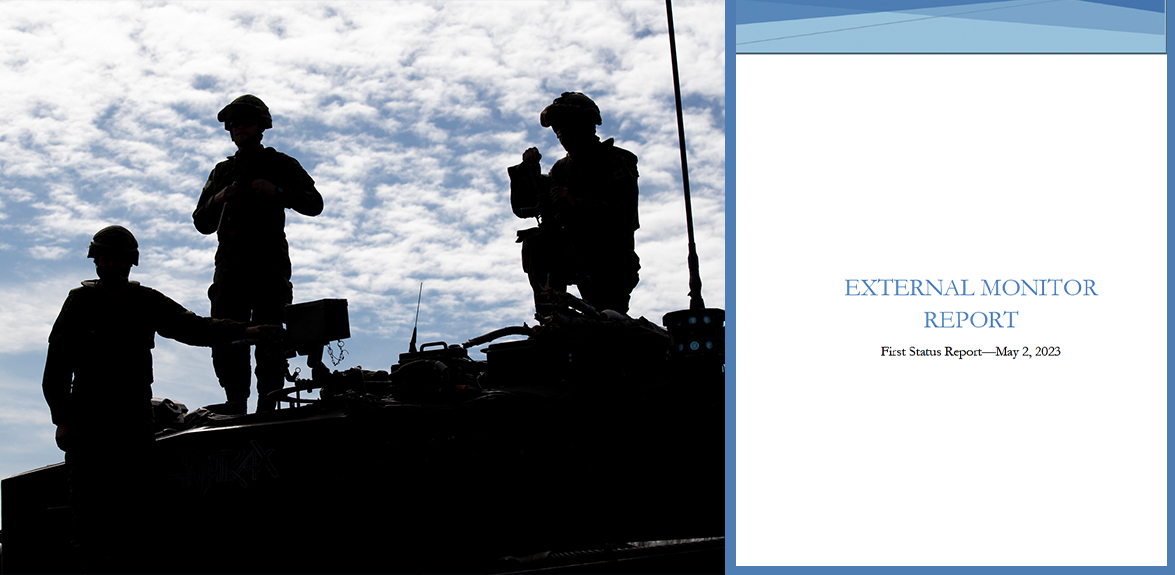
Independent External Comprehensive Review (IECR)
In 2022, the IECR, which has called for numerous changes to CAF policy to support victims of sexual misconduct, recommended that the DTR should be repealed.
Recommendation 11 specifically states, “Article 5 of the DAOD 9005-1 should be removed… and should be amended to exempt sexual misconduct from its application. Consideration should be given to abolishing the DTR for all infractions under CSD.”
Following up on the recommendation, and after consultations with experts and stakeholders, the CAF and Department of National Defence decided to repeal the DTR.
The IECR, however, did indicate that there is no specific evidence to support that the DTR directly contributed to consistent reporting of wrongdoing. The military has also supported this fact by stating that the Chief Professional Conduct and Culture Organization also found no evidence.

Trauma-informed approach
The CAF, however, reassures that the repeal does not prohibit reporting but encourages members to consider the needs of victims and affected persons before reporting and using a “trauma-informed” approach.
According to the military, a trauma-informed approach is “A way of interacting with individuals that acknowledges the impact of trauma and aims to avoid re-traumatization. It involves adopting a confidential, person-centred approach, believing the individual’s disclosures, and honouring the intersectional considerations that shape their responses to trauma, including values, traditions, cultures, gender and other factors,” stated the military memo.
The hope is that a trauma-informed approach will reduce the feeling of powerlessness in victims and will preserve psychological safety. The military believes this method will offer “comfort, validation, and acknowledgement of the trauma.”
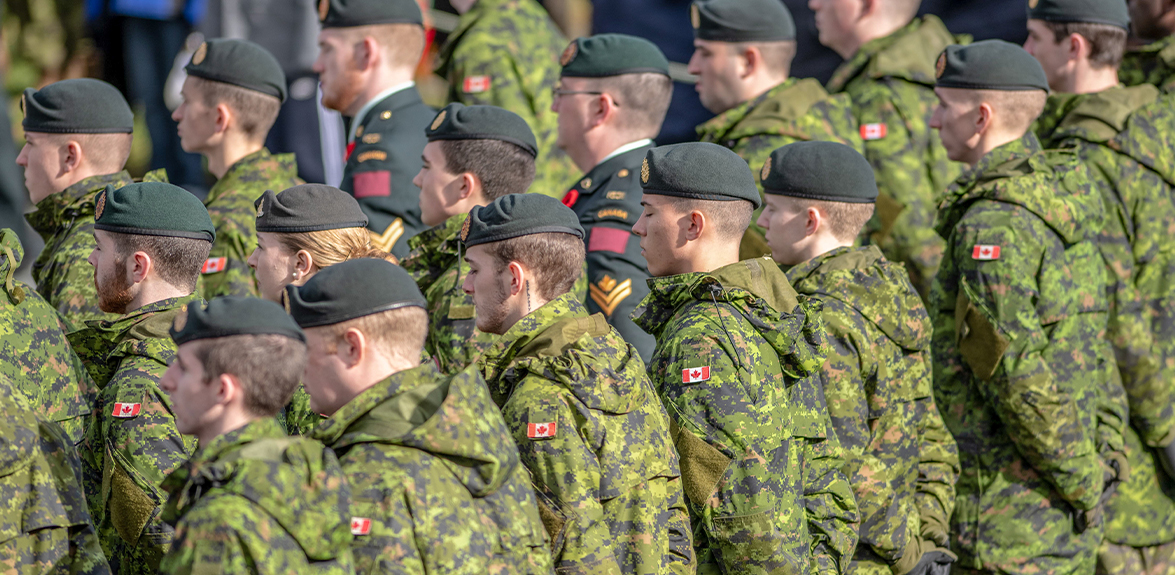
An Important Step
The CAF and DND say repealing the DTR is an important step in improving relationships with the military and those impacted by sexual assault and misconduct.
“The repeal and its resulting changes intend to help DND/CAF move away from a one-size-fits-all approach to reporting misconduct and provides an opportunity to pursue alternative reporting options. Such options will allow for approaches to reporting that are contextually specific, responsive, evidence-informed, and trauma-informed, with the goal of supporting consistency, optimizing outcomes, and rebuilding trust.”

Reporting Factors
The CAF stresses, however, that despite the repeal, this does not mean CAF members should never report infringements. This is especially stressed in circumstances where there is no victim or affected persons to consider.
Additionally, the CANFORGEN outlines specific conditions in which CAF members should report wrongdoing to their superiors and the right authority.
These conditions include:
- When a person could potentially pose a threat to themselves or others
- When there is an indication of abuse of a child or any other vulnerable person
- There is potential for a breach of trust, fraud or other financial crimes related to public funds.
“The above-noted reporting obligations are consistent with applicable Canadian and international law,” stated the CANFORGEN.
The memo goes on to state, “Where there is a victim or affected person, members are to consider the safety, scrutiny, and agency of the victim or affected person and reporting party before deciding whether to report.”
When considering whether to report an infraction, CAF members are advised not to consider the effect the decision can have on the alleged perpetrator’s personal or professional situation, regardless of their rank or position. They are also advised not to consider personal opinions about the people involved or “perceived political advantage or disadvantage” to the government or the military.


